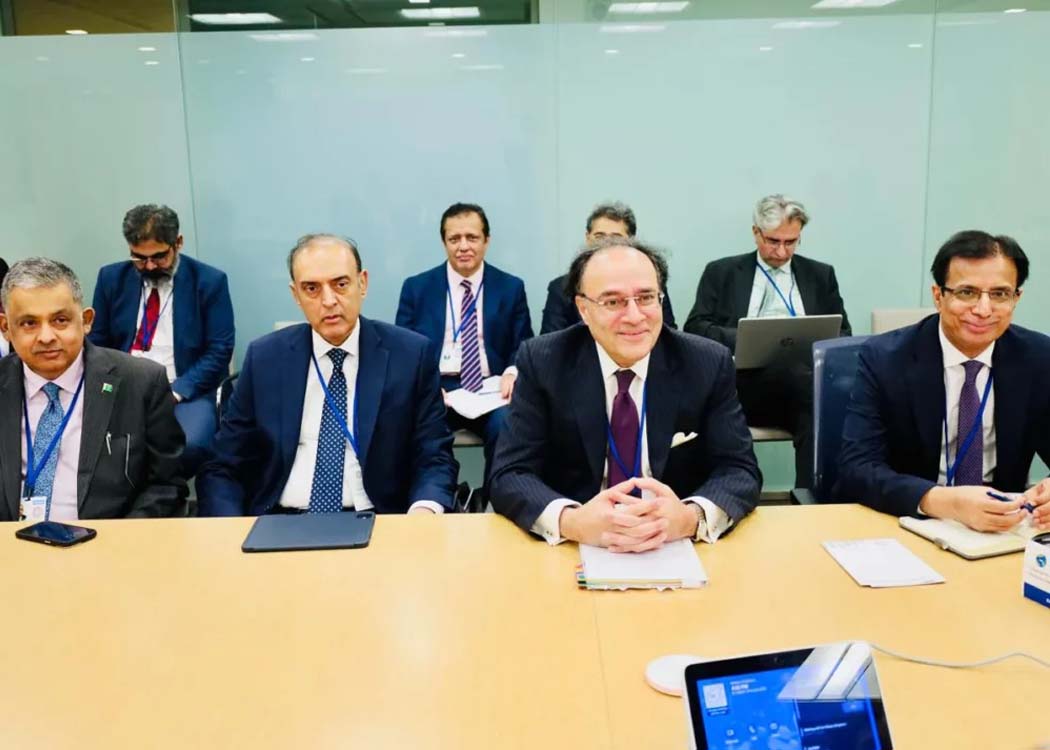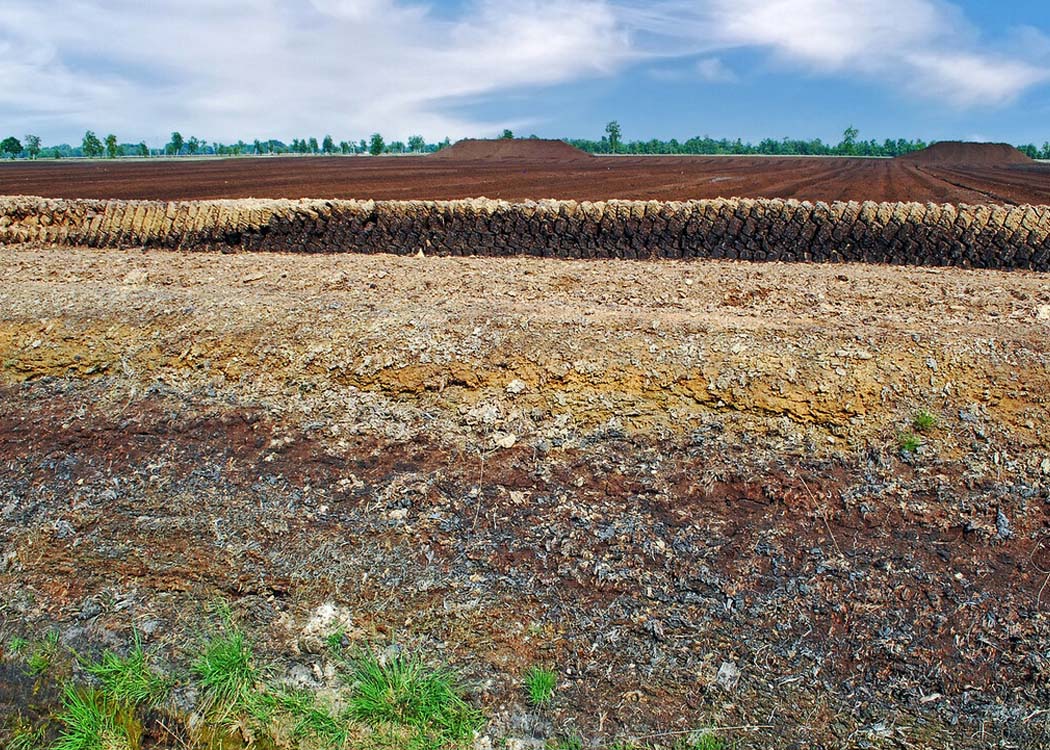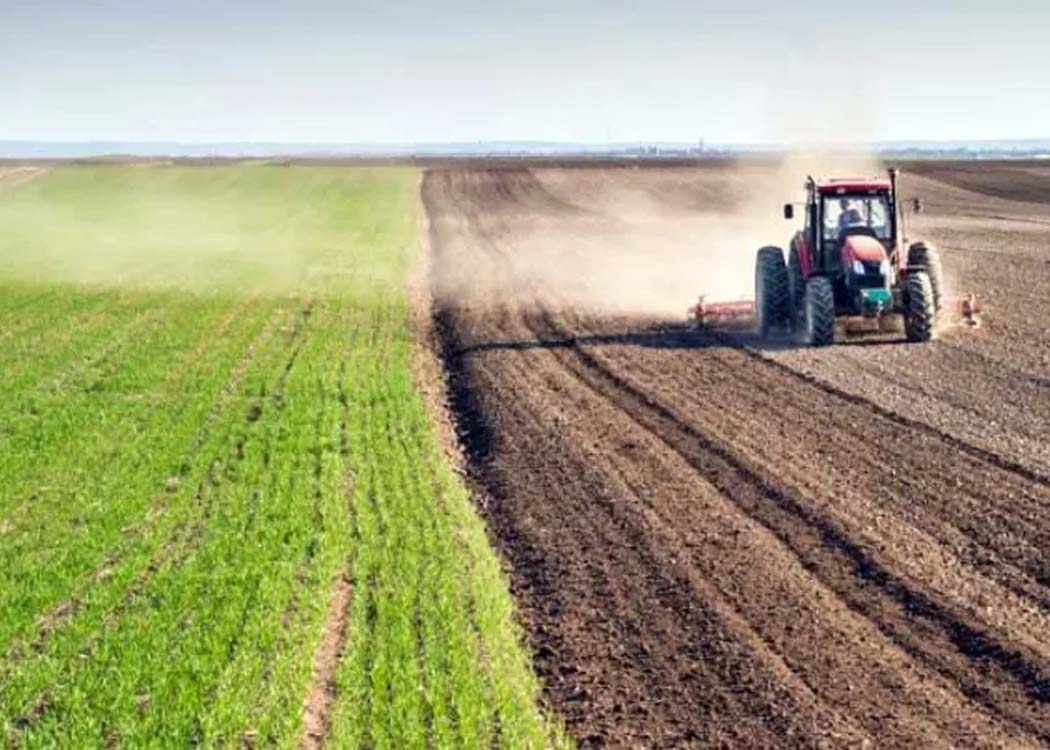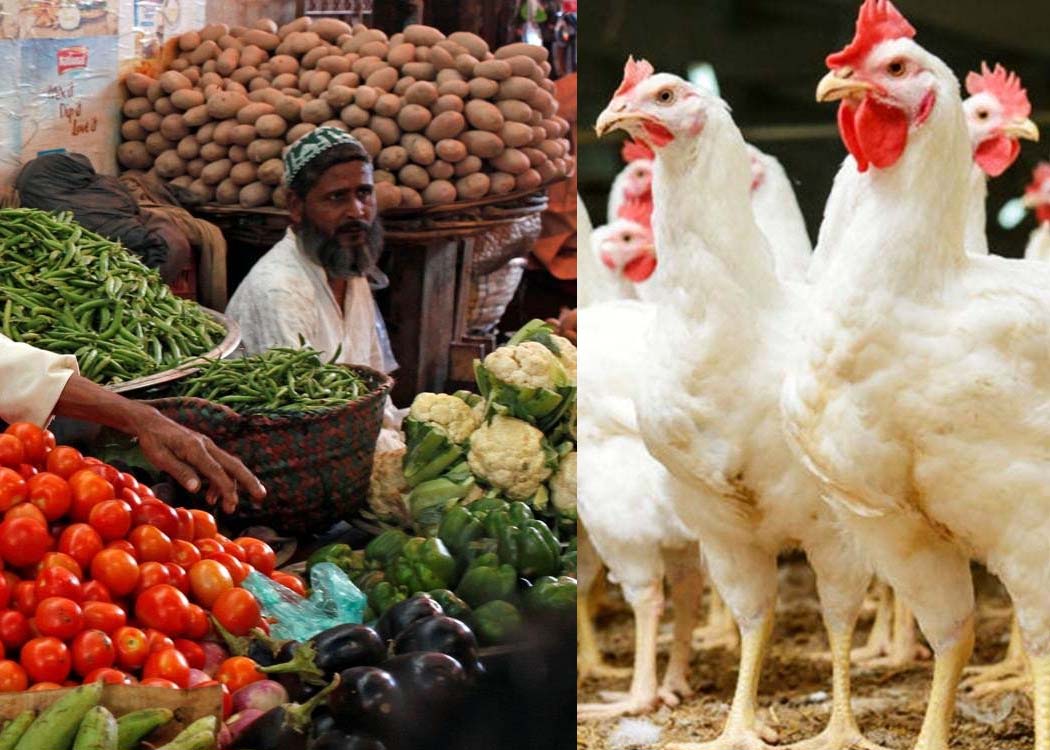At the 2025 World Bank–IMF Annual Meetings, Pakistan highlights its technology-driven agricultural transformation and commitment to climate resilience.
ISLAMABAD: Pakistan has reaffirmed its commitment to climate-smart, technology-driven, and private sector-led agricultural growth at a high-level session organized by the World Bank Group on the sidelines of the 2025 World Bank Group–IMF Annual Meetings.
The session, titled “AgriConnect: Farms, Firms and Finance for Jobs,” brought together leading global policymakers and experts, including World Bank President Ajay Banga, Ukraine’s Finance Minister Sergii Marchenko, and Guinea’s Agriculture Minister Mariama Cire Sylla. The discussion centered on strengthening family farms, which represent nearly half a billion smallholders responsible for producing around 80% of the world’s food.
Speaking at the forum, Federal Minister for Finance and Revenue, Senator Muhammad Aurangzeb, underscored the pivotal role of agriculture in Pakistan’s economy. He noted that the sector contributes nearly one-fourth of national GDP and supports millions of small-scale farmers.
“Our policy approach is focused on enabling rather than controlling,” he stated. “The private sector must take the lead in delivering efficiency, innovation, and growth.”
The minister highlighted several government initiatives aimed at enhancing agricultural productivity and strengthening the value chain from production to exports. Pilot projects providing quality seeds, fertilizers, agronomy services, and satellite-based crop monitoring have already resulted in higher yields and incomes for small farmers. He added that the introduction of formal credit mechanisms has helped reduce reliance on middlemen.
Senator Aurangzeb emphasized the importance of scaling up these reforms through financial inclusion and institutional support. He detailed new initiatives such as first-loss guarantees, subsidized financing, and uncollateralized credit facilities for small and tenant farmers — measures designed to build a sustainable agricultural ecosystem that empowers growers and drives long-term sectoral growth.
Addressing the growing challenge of climate change, the finance minister reiterated that agriculture and climate are deeply intertwined. He pointed to the World Bank’s ten-year Country Partnership Framework with Pakistan, under which one-third of the agenda is focused on climate resilience and decarbonization. He urged the rapid deployment of available financing to help farmers adapt to extreme weather events and evolving climate patterns.
Aurangzeb also outlined the government’s focus on agricultural research, mechanization, and human capital development, noting that around 1,000 Pakistani students are currently pursuing advanced agricultural education in China to strengthen expertise in modern farming and technology transfer.
Inviting investors to explore Pakistan’s agricultural potential, the minister reaffirmed the government’s commitment to deregulation and private sector participation, particularly in cold chain infrastructure, warehousing, and value-added agriculture. He announced that rice exports are projected to reach $3.5 billion this year, underscoring the sector’s strong export momentum.
Concluding his remarks, Senator Aurangzeb emphasized the government’s resolve to build a resilient, technology-driven, and inclusive agricultural economy, noting that when the entire value chain is considered, agriculture contributes close to 40% of Pakistan’s GDP.
Earlier, he attended the G-24 Ministers and Governors’ Meeting, where he discussed Pakistan’s progress on structural reforms in taxation, energy, state-owned enterprises, and privatization. Aurangzeb commended the World Bank for supporting tariff reforms to enhance competitiveness and export-led growth, and thanked the IMF for recognizing Pakistan’s continued reform momentum. He also called for greater regional trade integration and global cooperation in tackling climate change — describing it as an existential challenge for climate-vulnerable nations like Pakistan.







